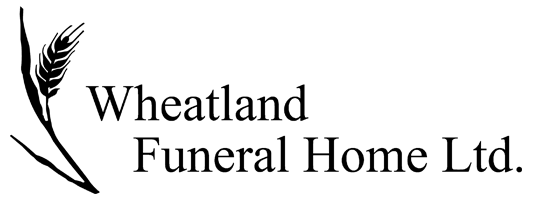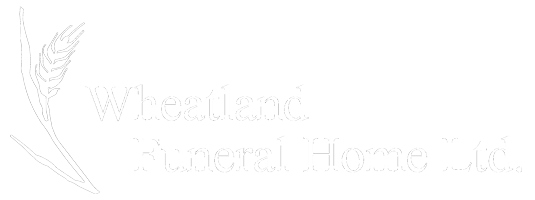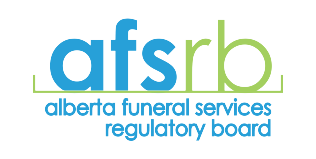When Death Occurs
Death is a traumatic experience, whether unexpected or expected. When faced with the shock of dealing with a death, it is difficult to know exactly what to do. Circumstances will dictate what should be done.
If the death is sudden and outside of a health facility, you should call 911. This will immediately put you in touch with emergency services such as the ambulance, the RCMP, fire department and emergency rescue personnel. If the death should occur at home and is unexpected, the RCMP must attend the scene. They will inquire as to the person’s medical history and circumstances surrounding the death. If the deceased had been under the direct care of a doctor, the RCMP will contact the Medical Examiners Office who in turn will contact the family doctor. If there are no circumstances to warrant further investigation and the family physician is confident in ascertaining the cause of death, then the family, or the RCMP on behalf of the family will be instructed to contact a funeral home of their choice. The funeral home will then come to the location where the death occurred and remove the deceased to the funeral home after which time, the family would arrange with the funeral home to begin planning for funeral services.
If the situation is such as the deceased had not been under the direct care of a doctor, the Medical Examiners Office will instruct the RCMP to have the deceased transported to their facility. Once there, the Medical Examiner may conduct an external examination or perform an autopsy to confirm a cause of death. Once they have completed their examination, they will release the body of the deceased to the funeral home of the family’s choice. This procedure with the Medical Examiner will normally take one or two days but the family would be encouraged to contact a funeral home as soon as possible following the death in order to initiate planning of the funeral.
If the death takes place in a health facility, the staff of that facility should contact the funeral home of the family’s choice, if they have that information on record. Hospitals don't always contact the funeral home. Regardless of the situation, it is strongly suggested the family contact the funeral home directly following the death, as this would alleviate any situations where the staff of the facility has overlooked making the phone call.
In certain situations a person may die at home while being in a palliative care situation and the death is expected. If this is the case, the funeral home can be contacted immediately rather than having the Medical Examiners Office and RCMP involved. If the funeral home is contacted prior to the death and is made aware of the situation, it simplifies the entire process for everyone involved.
Ultimately, regardless of the situation or circumstances regarding the death, the family may phone the funeral home immediately who would then take the proper steps and make the pertinent phone calls in order to initiate the necessary procedures.
What happens if a death occurs away from home?
Your local funeral home can assist you regardless of where the death takes place, and should be contacted as soon as possible. They may require the assistance of a funeral home nearer to the place of death. Your funeral home will coordinate with the distant funeral home and arrange for embalming or cremation, and the transportation of the deceased back home. It will still be necessary for the next of kin to come into the local funeral home to sign paperwork and provide required information. As the distant funeral home will have provided part of the funeral services, your funeral home may deduct some expenses as duplicate services. In most cases, your funeral home can take care of the costs for the distant funeral home, and simply add those charges to the final invoice.
HELPING YOU PLAN
Are you looking to add a personal touch to your loved one's funeral service? Would you like to browse through our catalog of viewing merchandise? Maybe you want to learn more about planning your own funeral. We've made all of this information — and more — available for you to explore in the comfort and privacy of your home.
> LEARN MORE
HELPING YOU GRIEVE
Our experience has taught us that when losing a loved one, those left behind feel lost and alone. Many do not know where to turn to or how to cope. Our grief support programs in place are dedicated to helping you during your difficult time and making each day a little easier for you when a loved one is lost.
>LEARN MORE
OBITUARIES
We understand that it is not always possible to attend a service or visitation in person, so we encourage you to use our beautifully designed interactive online tributes to pay your respects. Leave a condolence, share a memory, post a photo, light a candle, and more!
> VISIT OBITUARIES

SERVING STRATHMORE AND AREA SINCE 1984
202 Lakeside Blvd
Strathmore, AB | T1P 1K1



